Browse
By Subject: Memory Studies
View: By Date | Alphabetical | eBooks | Paperbacks
-
 Published April 2008
Published April 2008 Above the Death Pits, Beneath the Flag
Youth Voyages to Poland and the Performance of Israeli National Identity
Feldman, J.
Subjects: Anthropology (General) Jewish Studies Memory Studies Travel and Tourism
Hb
Paperback available -
eBook available
 Published July 2020
Published July 2020 Agency in Transnational Memory Politics
Wüstenberg, J. & Sierp, A. (eds)
This volume brings together theoretical and practical considerations to provide transnational memory scholars with an interdisciplinary investigation into agency—the “who” and the “how” of cross-border commemoration that motivates activists and fascinates observers.
Subjects: History (General) Sociology Memory Studies
Hb
Paperback available -
eBook available
 Published September 2023
Published September 2023 An Anthropology of Disappearance
Politics, Intimacies and Alternative Ways of Knowing
Huttunen, L. & Perl, G. (eds)
All over the world, people deliberately disappear from their families, communities and the state’s bureaucratic gaze, as victims of oppressive regimes or while migrating along clandestine routes. This edited volume brings together scholars who engage ethnographically with such disappearances in various cultural, social and political contexts.
Subjects: Political and Economic Anthropology Refugee and Migration Studies Memory Studies
Hb -
eBook available
 Published May 2017
Published May 2017 Archeologies of Confession
Writing the German Reformation, 1517-2017
Johnson, C. L., Luebke, D. M., Plummer, M. E. & Spohnholz, J. (eds)
Can one give voice to those whom history has forgotten? The essays collected here examine the formation of religious identities during the Reformation in sixteenth- and seventeenth-century Germany through case studies of remembering and forgetting—instances in which patterns and practices of religious plurality were excised from historical memory.
Subjects: History: Medieval/Early Modern Memory Studies
Hb
Paperback available -
eBook available
 Published August 2025
Published August 2025 Autistic Dreaming
Vibrant Memory, Activism, Environment
Reading, A.
An exacting reassessment of neurodiversity within activist and artistic communities, Autistic Dreaming illuminates how the integration of neurodivergent perspectives within critical memory studies has the opportunity to expand ideas about the relationship between the individual and collective, and reform our method of remembrance.
Subjects: Memory Studies Cultural Studies (General) Literary Studies
Hb -
eBook available
 Published August 2020
Published August 2020 Blurring Timescapes, Subverting Erasure
Remembering Ghosts on the Margins of History
Surface-Evans, S., Garrison, A. E. & Supernant, K. (eds)
What happens when we blur time and allow ourselves to haunt or to become haunted by the ghosts of the past? The authors draw on archaeological, historical, and ethnographic data to imagine timescapes that transcend our temporality. This volume demonstrates the value of conceiving of ghosts not just as metaphors, but for making the past more concrete and allowing the negative specters of enduring historical legacies, such as colonialism and capitalism, to be exorcised.
Subjects: Archaeology Anthropology (General) Memory Studies Heritage Studies
Hb
Paperback available -
 Published February 2014
Published February 2014 Borders of Belonging
Experiencing History, War and Nation at a Danish Heritage Site
Daugbjerg, M.
This book explores how such struggles unfold in practice at a highly symbolic battlefield site in the Danish/German borderland. Comprised of an ethnography of two profoundly different institutions – a conventional museum and an experience-based heritage center – it analyses the ways in which staff and visitors interfere with, relate to, and literally “make sense” of the war heritage and its national connotations. Borders of Belonging offers a comparative, in-depth analysis of the practices and negotiations through which history is made and manifested at two houses devoted to the interpretation of one event: the decisive battle of the 1864 war in which Otto von Bismarck, on his way to uniting the new German Empire, led the Prussian army to victory over the Danish.
Subjects: Heritage Studies Travel and Tourism Museum Studies Memory Studies
Hb -
eBook available
 Published October 2021
Published October 2021 Carnivalizing Reconciliation
Contemporary Australian and Canadian Literature and Film beyond the Victim Paradigm
Teichler, H.
This book analyzes, within the realms of national literature and film, recent Australian and Canadian attempts to reconcile with Indigenous populations in the wake of forced child removal. As Hanna Teichler demonstrates, their systematic emphasis on the subjectivity of the victim is carnivalesque, temporarily overturning discursive hierarchies.
Subjects: Memory Studies Literary Studies Film and Television Studies
Hb
Paperback available -
 Published April 2006
Published April 2006 Claims to Memory
Beyond Slavery and Emancipation in the French Caribbean
Reinhardt C.
Subjects: Colonial History Cultural Studies (General) Memory Studies
Hb
Paperback available -
eBook available
 Published April 2019
Published April 2019 Concentrationary Art
Jean Cayrol, the Lazarean and the Everyday in Post-war Film, Literature, Music and the Visual Arts
Pollock, G. & Silverman, M. (eds)
The seminal work of Jean Cayrol has experienced a revival in the French-speaking world since his death in 2005. Concentrationary Art represents the first translation into English of Cayrol’s two essays on concentrationary art, as well as the first book-length study of his theory.
Subjects: Literary Studies Film and Television Studies History: 20th Century to Present Memory Studies
Hb -
eBook available
 Published May 2007
Published May 2007 Conflicted Memories
Europeanizing Contemporary Histories
Jarausch, K. H. & Lindenberger, T. (eds)
Subjects: History: 20th Century to Present Memory Studies
Hb
Paperback available -
eBook available
 Published October 2021
Published October 2021 Crafting Chinese Memories
The Art and Materiality of Storytelling
Swancutt, K. (ed)
Through an interdisciplinary conversation with contributors from social anthropology, religious studies, film studies, literary studies, cultural studies, and history, Crafting Chinese Memories is the first volume to address how works of art shape memories, and offers new ways of conceptualising storytelling, memory-making, art, and materiality. It explores the memories of artists, filmmakers, novelists, storytellers, and persons who come to terms with their own histories even as they reveal the social memories of watershed events in modern China.
Subjects: Anthropology (General) Memory Studies Cultural Studies (General)
Hb -
eBook available
 Published October 2023
Published October 2023 De-Commemoration
Removing Statues and Renaming Places
Gensburger, S. & Wüstenberg, J. (eds)
In the wake of recent protests against police violence and racism, calls to dismantle problematic memorials have reverberated around the globe. This is not a new phenomenon, however, nor is it limited to the Anglo-Saxon world. De-Commemoration focuses on the concept of de-commemoration as it relates to remembrance.
Subjects: Memory Studies Cultural Studies (General)
Hb -
eBook available
 Published December 2003
Published December 2003 Death of the Father
An Anthropology of the End in Political Authority
Borneman, J. (ed)
Subjects: Anthropology (General) History: 20th Century to Present Memory Studies
Hb
Paperback available -
 Published October 2011
Published October 2011 Diasporic Generations
Memory, Politics, and Nation among Cubans in Spain
Berg, M. L.
Subjects: Refugee and Migration Studies Anthropology (General) Memory Studies
Hb -
eBook available
 Published March 2013
Published March 2013 Dynamics of Memory and Identity in Contemporary Europe
Langenbacher, E., Niven, B., & Wittlinger, R. (eds)
Subjects: History: 20th Century to Present Memory Studies
Hb
Paperback available -
eBook available
 Published November 2020
Published November 2020 Ecological Nostalgias
Memory, Affect and Creativity in Times of Ecological Upheavals
Angé, O. & Berliner, D. (eds)
Introducing the study of econostalgias through a variety of rich ethnographic cases, this volume argues that a strictly human centered approach does not account for contemporary longings triggered by ecosystem upheavals.
Subjects: Anthropology (General) Environmental Studies (General) Cultural Studies (General) Memory Studies
Hb
Paperback available -
eBook available
 Published October 2007
Published October 2007 Empire and After
Englishness in Postcolonial Perspective
MacPhee, G. & Poddar, P. (eds)
Subjects: Colonial History Cultural Studies (General) Memory Studies
Hb
Paperback available -
 Published June 2015
Published June 2015 The Enemy on Display
The Second World War in Eastern European Museums
Bogumił, Z., Wawrzyniak, J., Buchen, T., Ganzer, C. & Senina, M.
Eastern European museums represent the traumatic events of World War II, such as the Siege of Leningrad, the Warsaw Uprisings, and the bombardment of Dresden, in ways that cast the enemy in a specific light. This image results from the interweaving of historical representations, cultural stereotypes and beliefs, political discourses, and the dynamics of exhibition narratives. This book presents a useful methodology for examining museum images and provides a critical analysis of the role historical museums play in the contemporary world. As the catastrophes of World War II still exert an enormous influence over the national identities of Russians, Poles, and Germans, museum exhibits can play an important role in this process.
Subjects: Museum Studies History: World War II Memory Studies
Hb
Paperback available -
 Published March 1999
Published March 1999 European Memories of the Second World War
Peitsch, H., Burdett, C. & Gorrara, C. (eds)
Subjects: History: World War II Memory Studies
Hb
Paperback available -
eBook available
 Published April 2010
Published April 2010 A European Memory?
Contested Histories and Politics of Remembrance
Pakier, M. & Stråth, B. (eds)
Subjects: History (General) Cultural Studies (General) Memory Studies
Hb
Paperback available -
eBook available
 Published April 2014
Published April 2014 Exhibiting Europe in Museums
Transnational Networks, Collections, Narratives, and Representations
Kaiser, W., Krankenhagen, S. & Poehls, K.
Museums of history and contemporary culture face many challenges in the modern age, particularly in Europe where processes of Europeanization and globalization require more cross-border cooperation and different ways of telling stories for visitors. Based on research in nearly 100 museums across the Continent and interviews with cultural policy makers and museum curators, it studies the growing transnational activities of state institutions, societal organizations, and people in the museum field such as attempts to Europeanize collection policy and collections as well as different strategies for making narratives more transnational like telling stories of European integration as shared history and discussing both inward and outward migration as a common experience and challenge.
Subjects: Museum Studies Memory Studies
Hb
Paperback available -
eBook available
 Published December 2010
Published December 2010 Experience and Memory
The Second World War in Europe
Echternkamp, J. & Martens, S. (eds)
Subjects: History: World War II Memory Studies
Hb
Paperback available -
 Published November 1996
Published November 1996 Forging the Collective Memory
Government and International Historians through Two World Wars
Wilson, K. (ed)
Subjects: History: World War I History: World War II Memory Studies
Hb
Paperback available -
eBook available
 Published May 2014
Published May 2014 From Antiquities to Heritage
Transformations of Cultural Memory
Eriksen, A.
What does it mean when runic stones or medieval churches are transformed from antiquities to monuments to heritage sites? This book argues that the transformations concern more than words alone: They reflect fundamental changes in the way we experience the past, and the way historical objects are assigned meaning and value in the present.
Subjects: Museum Studies Memory Studies Heritage Studies
Hb
Paperback available -
eBook available
 Published November 2010
Published November 2010 The Future of Memory
Crownshaw, R., Kilby, J. & Rowland, A. (eds)
Subjects: History (General) Cultural Studies (General) Memory Studies
Hb
Paperback available -
 Published August 2011
Published August 2011 Grassroots Memorials
The Politics of Memorializing Traumatic Death
Margry, P. J. & Sánchez-Carretero, C. (eds)
Subjects: Heritage Studies Peace and Conflict Studies Urban Studies Memory Studies
Hb -
eBook available
 Published September 2018
Published September 2018 Gulag Memories
The Rediscovery and Commemoration of Russia's Repressive Past
Bogumił, Z.
Gulag Memories explores the impact of the Gulag on collective memory as it applies to the language of commemoration in Russia, focusing on four regions particularly affected by the Gulag: Solovetsky Islands, the Komi Republic, the Perm region, and Kolyma.
Subjects: History: 20th Century to Present Memory Studies
Hb
Paperback available -
 Published April 1998
Published April 1998 Haunted by History
Myths in International Relations
Buffet, C. & Heuser, B. (eds)
Subjects: History (General) Memory Studies Political and Economic Anthropology
Hb -
eBook available
 Published October 2021
Published October 2021 Heritage under Socialism
Preservation in Eastern and Central Europe, 1945–1991
Gantner, E. B., Geering, C., & Vickers, P. (ed)
Heritage under Socialism enriches the conceptual, methodological and empirical scope of heritage studies. Its transnational approach highlights the socialist world’s diverse interpretations of heritage and its trajectories in post-socialist preservation practices, thus providing new perspectives on the way heritage has been shaped in the recent past.
Subjects: History: 20th Century to Present Heritage Studies Memory Studies
Hb
Paperback available -
eBook available
 Published June 2010
Published June 2010 Historical Memory in Africa
Dealing with the Past, Reaching for the Future in an Intercultural Context
Diawara, M., Lategan, B., & Rüsen, J. (eds)
Subjects: History (General) Cultural Studies (General) Memory Studies
Hb
Paperback available -
eBook available
 Published September 2022
Published September 2022 Historical Reenactment
New Ways of Experiencing History
Carretero, M., Wagoner, B., & Perez-Manjarrez, E. (eds)
The increasing number of historical reenactments, along with their growing popularity, are catching both attention in popular culture and in multiple academic disciplines. Historical Reenactment takes a transdisciplinary and global approach to define and theorize reenactments as an embedded cultural and material phenomenon.
Subjects: Memory Studies Performance Studies
Hb -
 Published December 2011
Published December 2011 Holocaust Survivors
Resettlement, Memories, Identities
Ofer, D., Ouzan, F. S., & Baumel-Schwartz, J. D. (eds)
Subjects: Genocide History Jewish Studies Memory Studies
Hb -
eBook available
 Published September 2017
Published September 2017 House of the Waterlily
A Novel of the Ancient Maya World
Carmean, K.
House of the Waterlily is a historical novel set in the world of the Late Classic Period Maya of the Southern Lowlands. Through the story of Lady Winik, a young Maya noble girl, the reader is immersed in the everyday world of the Maya
Subjects: Archaeology Literary Studies Memory Studies Anthropology (General)
Hb
Paperback available -
eBook available
 Published January 2024
Published January 2024 The Legacy of Serbia's Great War
Politics and Remembrance
Tomić, A.
In an expertly researched, original case study on the memory of the traumatic retreat of the Serbian army in 1915, The Legacy of Serbia’s Great War cuts past contemporary canonization of the retreat and links narratives of the past to political choices in the present.
Subjects: History: 20th Century to Present Memory Studies History: World War I
Hb -
 Published December 2006
Published December 2006 Locating Memory
Photographic Acts
Kuhn, A. & McAllister, K. (eds)
Subjects: Media Studies Cultural Studies (General) Film and Television Studies Memory Studies
Hb
Paperback available -
eBook available
 Published May 2015
Published May 2015 Marking Evil
Holocaust Memory in the Global Age
Goldberg, A. & Hazan, H. (eds)
Talking about the Holocaust has provided an international language for ethics, victimization, political claims, and constructions of collective identity. This volume addresses manifestations of Holocaust-engendered global discourse by critically examining their function and inherent dilemmas, and the ways in which Holocaust related matters still instigate public debate and academic deliberation.
Subjects: History: 20th Century to Present Genocide History Memory Studies
Hb
Paperback available -
 Published December 2002
Published December 2002 Memoirs of a Mbororo
The Life of Ndudi Umaru: Fulani Nomad of Cameroon
Bocquene, H.
Subjects: Anthropology (General) Colonial History Memory Studies Literary Studies
Hb -
 Published August 2002
Published August 2002 Memory and Amnesia
The Role of the Spanish Civil War in the Transition to Democracy
Aguilar, P.
Subjects: History: 20th Century to Present Memory Studies
Hb
Paperback available -
 Published November 2015
Published November 2015 Memory and Change in Europe
Eastern Perspectives
Pakier, M. & Wawrzyniak, J. (eds)
In studies of a common European past, there is a significant lack of scholarship on the former Eastern Bloc countries. This volume offers a reflection on memory in an Eastern European historical context, one that can be measured against and applied to historical experience in other parts of Europe.
Subjects: History (General) Sociology Memory Studies
Hb
Paperback available -
eBook available
 Published November 2016
Published November 2016 Memory Unbound
Tracing the Dynamics of Memory Studies
Bond, L., Craps, S., & Vermeulen, P. (eds)
Increasingly, scholars understand memory to be a fluid, dynamic process, rather than a reified object. Embodying this elastic approach, this state-of-the-field collection systematically explores the transcultural, transgenerational, transmedial, and transdisciplinary dimensions of memory—four key concepts that have sometimes been studied in isolation but never in such an integrated manner.
Subjects: History (General) Cultural Studies (General) Memory Studies
Hb
Paperback available -
eBook available
 Published November 2023
Published November 2023 Microhistories of Memory
Remediating the Holocaust by Bullets in Postwar West Germany
Saryusz-Wolska, M.
Microhistories of Memory takes the culturally significant West German novel, radio play, and television series Through the Night (originally Am grünen Strand der Spree, 1955-1960), depicting the mass shootings of Jews in the occupied Soviet Union during World War II, and provides an in-depth look into work’s circulation, reception, production, and popularity in the public sphere.
Subjects: Memory Studies Film and Television Studies Media Studies
Hb -
 Published November 2016
Published November 2016 Migration, Memory, and Diversity
Germany from 1945 to the Present
Wilhelm, C. (ed)
German attitudes toward migrants have been profoundly shaped by the legacies of the Second World War. This volume explores the history of migration and diversity in Germany from 1945 onward, showing how conceptions of “otherness” developed while memories of Nazism were still fresh, and identifying the continuities and transformations they have exhibited up until today.
Subjects: History: 20th Century to Present Refugee and Migration Studies Memory Studies
Hb
Paperback available -
eBook available
 Published December 2019
Published December 2019 Mixed Harvest
Stories from the Human Past
Swigart, R.
After millennia of wandering the earth with little impact, a universal, if inadvertent transition from hunting and gathering to agriculture and pastoralism was complete within a period of a few thousand years. Mixed Harvest tells the story of the Sedentary Divide, the most significant event since modern humans emerged.
Subjects: Archaeology Literary Studies Memory Studies Anthropology (General)
Hb
Paperback available -
eBook available
 Published October 2020
Published October 2020 The Mobility of Memory
Migrations and Diasporas across European Borders
Passerini, L., Trakilović, M., & Proglio, G. (eds)
During five years of field research in Italy and the Netherlands, the “Bodies Across Borders: Oral and Visual Memory in Europe and Beyond” (BABE) team examined the connection between mobility and memory in Europe. This volume, the outcome of that project, engages with the tensions between roots and routes, history and memory, minds and bodies, macrostructures and micro stories, and control and resistance.
Subjects: Mobility Studies Refugee and Migration Studies Sociology Memory Studies
Hb
Paperback available -
eBook available
 Published November 2016
Published November 2016 Narratives in the Making
Writing the East German Past in the Democratic Present
Gallinat, A.
This ethnography studies two very different institutions in one eastern German state taking divergent approaches to the past. While government organizations reliably depict the GDR as a dictatorship, one major regional newspaper focuses on the experiences and concerns of its readers—“memory work” that inevitably shapes citizenship and democracy.
Subjects: History: 20th Century to Present Anthropology (General) Memory Studies
Hb
Paperback available -
eBook available
 Published July 2016
Published July 2016 National Policy, Global Memory
The Commemoration of the “Righteous” from Jerusalem to Paris, 1942-2007
Gensburger, S.
Starting in the late 1990s, European governments began developing national incarnations of the “Righteous among Nations,” the most prominent of which was the “Righteous of France,” honoring those who protected Jews during the Vichy regime. This book uses this instance of appropriation to illuminate debates over memory and nationhood.
Subjects: History: 20th Century to Present Genocide History Memory Studies
Hb -
 Published May 2011
Published May 2011 Panamanian Museums and Historical Memory
Sánchez Laws, A. L.
Subjects: Museum Studies Memory Studies
Pb -
eBook available
 Published March 2019
Published March 2019 Persistently Postwar
Media and the Politics of Memory in Japan
Guarné, B., Lozano-Méndez, A., & Martinez, D. P. (eds)
Persistently Postwar approaches the topics of social memory and political discourse through an exploration of Japan’s post-war mass media. Diverse disciplinary backgrounds and contrasting perspectives offer a nuanced dialogue in which the functions of mass media are explored as more than a simple ideological tool.
Subjects: Media Studies Film and Television Studies Cultural Studies (General) Memory Studies
Hb
Paperback available -
eBook available
 Published February 2013
Published February 2013 Places of Pain
Forced Displacement, Popular Memory and Trans-local Identities in Bosnian War-torn Communities
Halilovich, H.
This compelling and intimate description of places of pain and (be)longing that were lost during the 1992–95 war in Bosnia and Herzegovina, as well as of survivors’ places of resettlement in Australia, Europe and North America, serves as a powerful illustration of the complex interplay between place, memory and identity.
Subjects: Refugee and Migration Studies Anthropology (General) Peace and Conflict Studies Memory Studies
Hb
Paperback available -
eBook available
 Published June 2010
Published June 2010 Post-communist Nostalgia
Todorova, M. & Gille, Z. (eds)
Subjects: History: 20th Century to Present Memory Studies
Hb
Paperback available -
eBook available
 Published April 2019
Published April 2019 Post-Ottoman Topologies
The Presence of the Past in the Era of the Nation-State
Argenti, N. (ed)
With contributions from several of the Balkan countries that once were united under the aegis of the Ottoman Empire, this latest volume proposes new theoretical approaches to the experience and transmission of the past through time.
Subjects: Sociology Anthropology (General) Memory Studies
Hb
Paperback available -
 Published February 2004
Published February 2004 Re-presenting the Shoah for the 21st Century
Lentin, R. (ed)
Subjects: Genocide History Jewish Studies Memory Studies
Hb -
eBook available
 Published November 2025
Published November 2025 Reading War, Making Memory
Remembering the Bosnian War across Europe
Sindbæk Andersen, T., Ortner, J., & Borčak, F. W.
A clarifying analysis of how authors from Bosnia-Herzegovina translate and transmit the memory of the Bosnian War into their fiction, Reading War, Making Memory spotlights a vital new framework for understanding the impact of conflict upon diasporic literature from the region of the former Yugoslavia: “mnemonic migration.”
Subjects: Memory Studies Literary Studies Heritage Studies
Hb -
 Published December 2001
Published December 2001 Recollections of France
Memories, Identities and Heritage in Contemporary France
Blowen, S., Demossier, M. & Picard, J. (eds)
Subjects: History: 20th Century to Present Heritage Studies Memory Studies
Hb
Paperback available -
 Published October 2001
Published October 2001 Remembering a Vanished World
A Jewish Childhood in Interwar Poland
Hamerow, T.
Subjects: Jewish Studies History: 20th Century to Present Memory Studies
Hb
Paperback available -
eBook available
 Published April 2020
Published April 2020 Resettlers and Survivors
Bukovina and the Politics of Belonging in West Germany and Israel, 1945–1989
Fisher, G.
Resettlers and Survivors focuses on two groups of Bukovinians—ethnic Germans and German-speaking Jews—who navigated dramatically changed political and social circumstances in 1945. This study gives a nuanced account of how they dealt with the difficult legacies of World War II, while exploring Bukovina’s significance for them as both a geographical location and a “place of memory.”
Subjects: History: 20th Century to Present Jewish Studies Refugee and Migration Studies Memory Studies
Hb
Paperback available -
 Published April 2007
Published April 2007 Restitution and Memory
Material Restoration in Europe
Diner, D. & Wunberg, G. (eds)
Subjects: History: 20th Century to Present Memory Studies
Hb -
eBook available
 Published June 2016
Published June 2016 Rethinking Antifascism
History, Memory and Politics, 1922 to the Present
García, H., Yusta, M., Tabet, X., & Climaco, C. (eds)
Rethinking Antifascism surveys recent research on the anti-fascist movement between 1922 and 1945. It first challenges the revisionist view of anti-fascism as a tool of Stalinism, then discusses the post-War memories and political uses of anti-fascism. These essays historicize anti-fascism as a transnational movement that shaped contemporary democracies.
Subjects: History: 20th Century to Present Memory Studies
Hb
Paperback available -
eBook available
 Published February 2023
Published February 2023 The Right to Memory
History, Media, Law, and Ethics
Tirosh, N. & Reading, A. (eds)
The Right to Memory looks beyond everyday memory and commemoration practices, focusing instead on how memory relates to human rights and socio-legal constructs in order to legitimize and protect groups and individuals.
Subjects: History: 20th Century to Present Memory Studies
Hb
Paperback available -
 Published November 2014
Published November 2014 Rivers, Memory, And Nation-building
A History of the Volga and Mississippi Rivers
Zeisler-Vralsted, D.
Rivers figure prominently in a nation’s historical memory, and the Volga and Mississippi have special importance in Russian and American cultures. Despite being forced into submission for modern-day hydrological regimes, the Volga and Mississippi Rivers persist in the collective memory and continue to offer solace, recreation, and sustenance. Through their histories we derive a more nuanced view of human interaction with the environment.
Subjects: History (General) Environmental Studies (General) Memory Studies
Hb -
eBook available
 Published January 2016
Published January 2016 Shadowlands
Memory and History in Post-Soviet Estonia
Wulf, M.
The Baltic state of Estonia has been profoundly shaped by the conflicts and shifting political fortunes of the last century. This innovative study traces the interaction of historical memory and national identity in a sweeping analysis that foregrounds the country’s intellectuals, who until recently could not openly grapple with their nation’s complex, difficult past.
Subjects: History: 20th Century to Present Memory Studies
Hb
Paperback available -
eBook available
 Published July 2019
Published July 2019 Shakespeare and Commemoration
Calvo, C. & Hoenselaars, T. (eds)
Memory and commemoration play a vital role not only in the work of Shakespeare, but also in the process that has made him a world author. As the contributors of this collection demonstrate, the phenomenon of commemoration has no single approach, as it occurs on many levels, has a long history, and is highly unpredictable in its manifestations.
Subjects: Cultural Studies (General) Performance Studies Literary Studies Memory Studies
Hb
Paperback available -
 Published February 2014
Published February 2014 Silence, Screen, and Spectacle
Rethinking Social Memory in the Age of Information
Freeman, L. A., Nienass, B., & Daniell, R. (eds)
This volume addresses the tension between loud and often spectacular histories and those forgotten pasts we strain to hear. Employing social and cultural analysis, the essays within examine mnemonic technologies both new and old, and cover subjects as diverse as U.S. internment camps for Japanese Americans in WWII, the Canadian Indian Residential School system, Israeli memorial videos, and the desaparecidos in Argentina. Through these cases, the contributors argue for a re-interpretation of Guy Debord’s notion of the spectacle as a conceptual apparatus through which to examine the contemporary landscape of social memory, arguing that the concept of spectacle might be developed in an age seen as dissatisfied with the present, nervous about the future, and obsessed with the past.
Subjects: Memory Studies Media Studies Sociology Cultural Studies (General)
Hb
Paperback available -
eBook available
 Published August 2023
Published August 2023 Silences and Divided Memories
The Exodus and its Legacy in Post-War Istrian Society
Virloget, K. H.
Dealing with the difficult, silenced past of the so called "Istrian exodus" after the Second World War, this book shifts the usual focus from migrants to those who stayed behind and to the new immigrants who came to the “emptied” towns.
Subjects: Anthropology (General) Refugee and Migration Studies Memory Studies
Hb -
eBook available
 Published September 2019
Published September 2019 The Sound of Silence
Indigenous Perspectives on the Historical Archaeology of Colonialism
Äikäs, T. & Salmi, A.-K. (eds)
Colonial encounters between indigenous peoples and European state powers are overarching themes in the historical archaeology of the modern era, and postcolonial historical archaeology has repeatedly emphasized the complex two-way nature of colonial encounters. The volume examines common trajectories in indigenous colonial histories, and explores new ways to understand cultural contact, hybridization and power relations between indigenous peoples and colonial powers from the indigenous point of view.
Subjects: Archaeology Colonial History Memory Studies Anthropology (General)
Hb
Paperback available -
eBook available
 Published March 2021
Published March 2021 The Struggle for the Past
How We Construct Social Memories
Jelin, E.
Organized around Argentine “memory wars” since the 1970s, The Struggle for the Past undertakes an innovative exploration of memory’s dynamic social character. In addition to its analysis of how human rights movements have inflected public memory and democratization in Argentina, it also gives an illuminating account of the emergence and development of Memory Studies as a field.
Subjects: Memory Studies Peace and Conflict Studies
Hb -
eBook available
 Published August 2014
Published August 2014 Talking Stones
The Politics of Memorialization in Post-Conflict Northern Ireland
Viggiani, E.
Using the memorialization of the Troubles in contemporary Northern Ireland as a case study, this book investigates how non-state, often proscribed, organizations have filled a societal vacuum in the creation of public memorials. In particular, these groups have sifted through the past to propose “official” collective narratives of national identification, historical legitimation, and moral justifications for violence.
Subjects: Memory Studies Heritage Studies Anthropology (General)
Hb
Paperback available -
eBook available
 Published April 2023
Published April 2023 Things of the House
Material Culture and Migration from Post-Colonial Mozambique to Portugal
Rosales, M. V.
Focusing on the life stories of a group of European and Catholic Brahmin Goan families of the colonial elite who left Mozambique after their independence in 1975, the book shows how material culture interferes with structuring dimensions of migratory experiences, in the management of family ties and networks of belonging, as well as in the social dynamics of positioning, hierarchy and distinction.
Subjects: Anthropology (General) Refugee and Migration Studies Memory Studies
Hb -
 Published January 2008
Published January 2008 Time and History
The Variety of Cultures
Rüsen, J. (ed)
Subjects: History (General) Cultural Studies (General) Memory Studies
Hb -
eBook available
 Published June 2015
Published June 2015 To the Bomb and Back
Finnish War Children Tell Their World War II Stories
Saffle, S. (ed)
Between 1939 and 1945 some 80,000 Finnish children were sent to Sweden, Denmark, and elsewhere, ostensibly to protect them from danger while their nation’s soldiers fought superior Soviet and German forces. This is the first English-language account of Finland’s war children and their experiences, told through the survivors’ own words.
Subjects: History: World War II Memory Studies
Hb
Paperback available -
eBook available
 Published August 2022
Published August 2022 Towards a Collaborative Memory
German Memory Work in a Transnational Context
Jones, S.
For the first time, this volume creates a sustained study that positions together transnational memory and relational sociology to consider the memory of the GDR. Towards a Collaborative Memory advances the field of transnational memory studies and develops new theoretical approaches that re-evaluate our understanding of actor-driven European memory.
Subjects: Memory Studies Colonial History History: 20th Century to Present
Hb -
eBook available
 Published August 2021
Published August 2021 Tracing Slavery
The Politics of Atlantic Memory in The Netherlands
Balkenhol, M.
Looking at the ways in which the memory of slavery affects present-day relations in Amsterdam, this ethnographic account reveals a paradox: while there is growing official attention to the country’s slavery past (monuments, festivals, ritual occasions), many interlocutors showed little interest in the topic. This book follows the issue of slavery in everyday realities and offers a fine-grained ethnography of how people refer to this past.
Subjects: Memory Studies Anthropology (General) Heritage Studies
Hb -
 Published July 2009
Published July 2009 The Train Journey
Transit, Captivity, and Witnessing in the Holocaust
Gigliotti, S.
Subjects: History: World War II Genocide History Memory Studies Transport Studies
Paperback available -
eBook available
 Published September 2021
Published September 2021 Traumatic Pasts in Asia
History, Psychiatry, and Trauma from the 1930s to the Present
Micale, M. S. & Pols, H. (eds)
Traumatic Pasts in Asia extends Euro-American paradigms of traumatic experience to new sites of world-historical suffering and, in the process, explores how these new terrains of investigation inform and enrich earlier understandings.
Subjects: History: 20th Century to Present Memory Studies Medical Anthropology
Hb
Paperback available -
eBook available
 Published August 2022
Published August 2022 Unusual Death and Memorialization
Burial, Space, and Memory in the Post-Medieval North
Kallio-Seppa, T., Lipkin, S., Väre, T., Moilanen, U. & Tranberg, A. (eds)
Most cultures and societies have their own customs and traditions of treating their dead. In the past, some deceased received a burial that deviated from tradition. The reasons for unusual burial could result from reasons such as outbreaks of epidemics or wars, or from premature births, distinctive social status, or disability. The case studies introduce varied views on ‘otherness’ that are visible in burial customs and memorialization.
Subjects: Archaeology Anthropology (General) Memory Studies
Hb -
eBook available
 Published February 2020
Published February 2020 Velvet Retro
Postsocialist Nostalgia and the Politics of Heroism in Czech Popular Culture
Pehe, V.
This innovative study develops the concept of “retro” to describe the nuanced and ironic depiction of the past as seen in Czech popular culture. It locates a distinctively retro aesthetic in Czech literature, film, and other cultural forms, enriching our understanding of not only the nation’s memory culture, but also the ways in which popular culture can structure collective memory.
Subjects: Cultural Studies (General) History: 20th Century to Present Film and Television Studies Memory Studies
Hb
Paperback available -
eBook available
 Published January 2019
Published January 2019 Views of Violence
Representing the Second World War in German and European Museums and Memorials
Echternkamp, J. & Jaeger, S. (eds)
The modern vision of historical violence has been immeasurably influenced by cultural representations of the Second World War. This volume takes a historical perspective on World War II museums and explores how these institutions came to define the broader European, and even global, political contexts and cultures of public memory.
Subjects: Museum Studies History: World War II Memory Studies
Hb
Paperback available -
eBook available
 Published December 2017
Published December 2017 Visitors to the House of Memory
Identity and Political Education at the Jewish Museum Berlin
Bishop Kendzia, V.
By accompanying a range of senior high school history students before, during and after their visits to the museum, Visitors to the House of Memory is an intimate exploration of how young Berliners from across the city experience the Jewish Museum Berlin.
Subjects: Museum Studies Jewish Studies Educational Studies Memory Studies
Hb
Paperback available -
eBook available
 Published February 2022
Published February 2022 Walls and Gateways
Contested Heritage in Dubrovnik
Loades, C. M.
Walls and Gateways provides an ethnographic case study, which explores how the production of Dubrovnik’s World Heritage intersects with the reconstruction and consolidation of identities and locality in the city’s post-war context. The book analyses how representations, perceptions and uses of Dubrovnik’s heritage are embedded in particular social and political structural conditions, cultural practices, materiality and place.
Subjects: Heritage Studies Anthropology (General) Memory Studies
Hb -
eBook available
 Published May 2012
Published May 2012 Walls, Borders, Boundaries
Spatial and Cultural Practices in Europe
Silberman, M., Till, K. E. & Ward, J. (eds)
Subjects: History (General) Urban Studies Refugee and Migration Studies Memory Studies
Hb
Paperback available -
eBook available
 Published November 2016
Published November 2016 War Stories
The War Memoir in History and Literature
Dwyer, P. (ed)
Although war memoirs constitute a rich, varied literary form, they are often dismissed by historians as unreliable. This collection of essays is the first to explore the modern war memoir, revealing the genre’s surprising capacity for breadth and sophistication while remaining sensitive to the challenges it poses for scholars.
Subjects: History (General) Cultural Studies (General) Literary Studies Memory Studies
Hb
Paperback available -
eBook available
 Published August 2023
Published August 2023 Weaponizing the Past
Collective Memory and Jews, Poles, and Communists in Twenty-First Century Poland
Korycki, K.
Theorizing and explaining the process of collective memory of Poland’s communist past, Weaponizing the Past explores contemporary politicizations of the past, national belonging and the production of anti-Semitism.
Subjects: Memory Studies History: 20th Century to Present
Hb -
eBook available
 Published August 2019
Published August 2019 When Will We Talk About Hitler?
German Students and the Nazi Past
Oeser, A.
What do ordinary Germans think of their country’s Nazi past? Do young Germans just want to "move on?" Combining observation, interviews, and archival work, the studies conducted in this book explore these questions to reveal the complexity of history and how young Germans view Nazism’s place in contemporary society.
Subjects: History (General) Educational Studies Anthropology (General) Memory Studies
Hb
Paperback available -
eBook available
 Published April 2016
Published April 2016 Whose Memory? Which Future?
Remembering Ethnic Cleansing and Lost Cultural Diversity in Eastern, Central and Southeastern Europe
Törnquist-Plewa, B. (ed)
Scholars have devoted considerable energy to understanding ethnic cleansing in Europe, yet much less attention has been given to how these incidents persist in collective memory today. This volume brings together case studies exploring how modern inhabitants “remember” instances of ethnic cleansing, and how they understand the heritage of groups that vanished in their wake.
Subjects: History: 20th Century to Present Genocide History Memory Studies
Hb
Paperback available -
 Published January 2018
Published January 2018 The Witness as Object
Video Testimony in Memorial Museums
Jong, S. de
Today more than ever before, the historical witness is now a “museum object” in the form of video interviews. With a focus on Holocaust museums, this study scrutinizes this new global phenomenon of the “musealisation” of testimony, exploring the processes, prerequisites, and consequences of video testimonies as exhibits.
Subjects: Museum Studies History: 20th Century to Present Media Studies Memory Studies
Paperback available -
eBook available
 Published March 2012
Published March 2012 Writing the Dark Side of Travel
Skinner, J. (ed)
Subjects: Travel and Tourism Anthropology (General) Cultural Studies (General) Memory Studies
Pb

 Published April 2008
Published April 2008 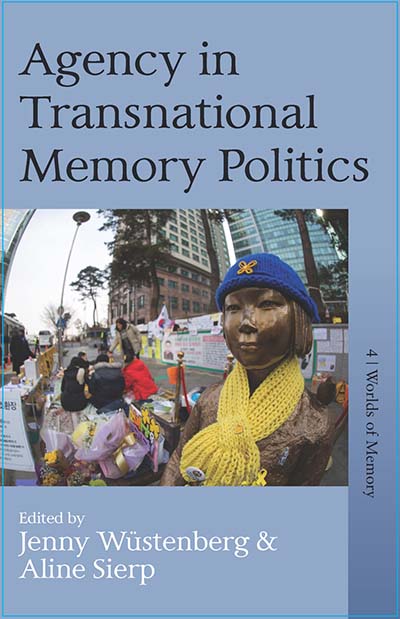 Published July 2020
Published July 2020 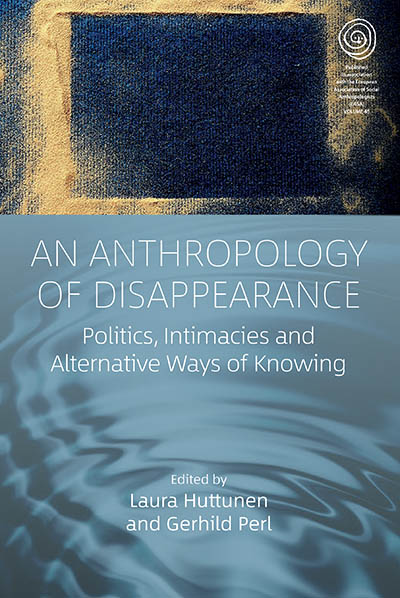 Published September 2023
Published September 2023 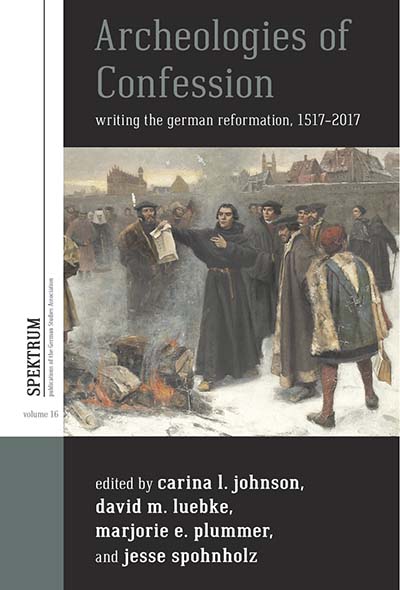 Published May 2017
Published May 2017  Published August 2025
Published August 2025 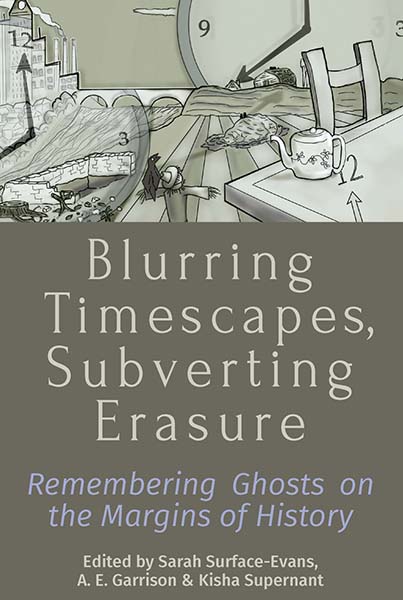 Published August 2020
Published August 2020 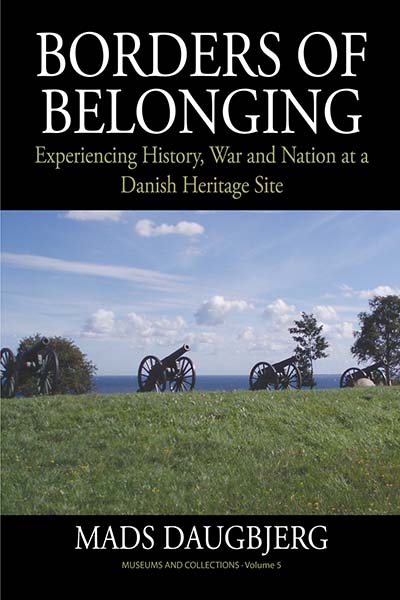 Published February 2014
Published February 2014 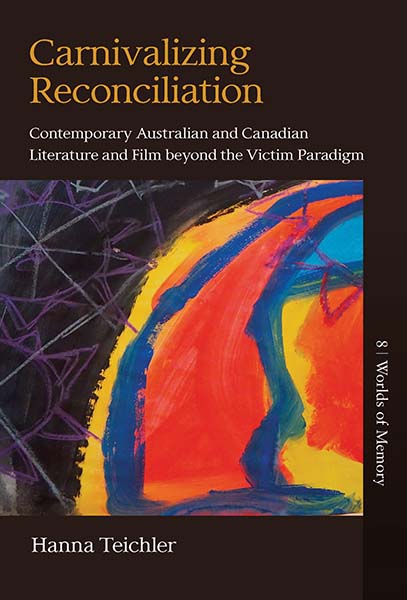 Published October 2021
Published October 2021 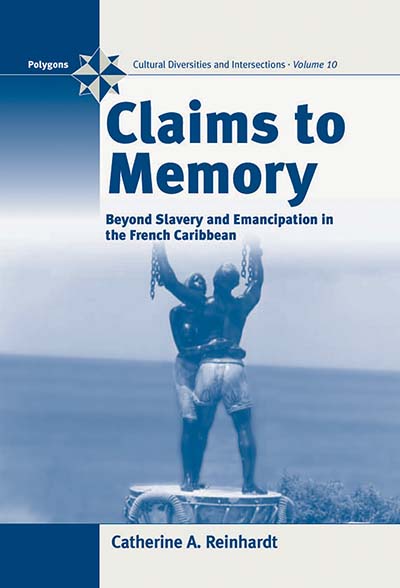 Published April 2006
Published April 2006 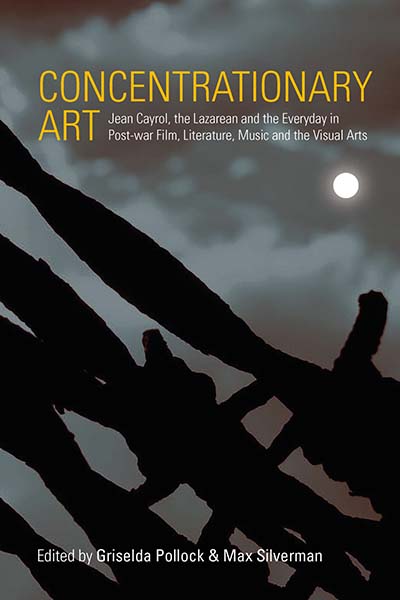 Published April 2019
Published April 2019 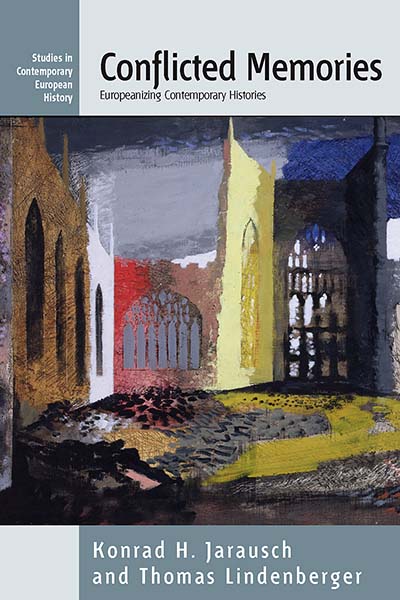 Published May 2007
Published May 2007 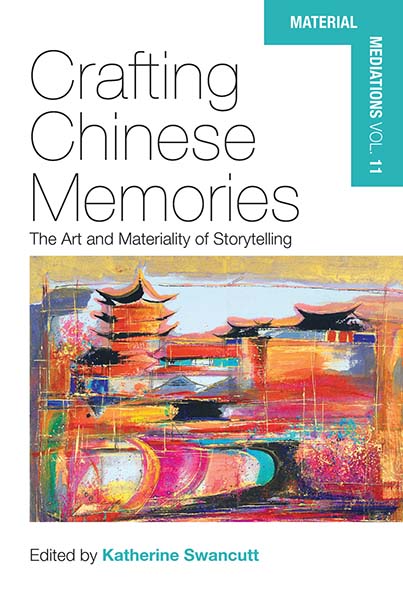 Published October 2021
Published October 2021 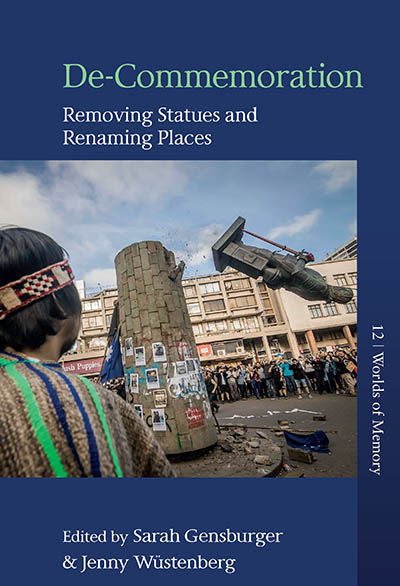 Published October 2023
Published October 2023 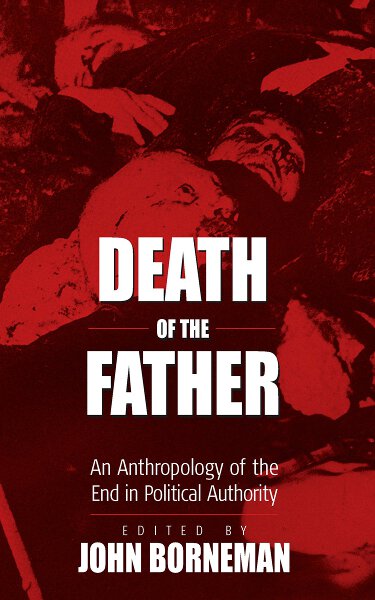 Published December 2003
Published December 2003 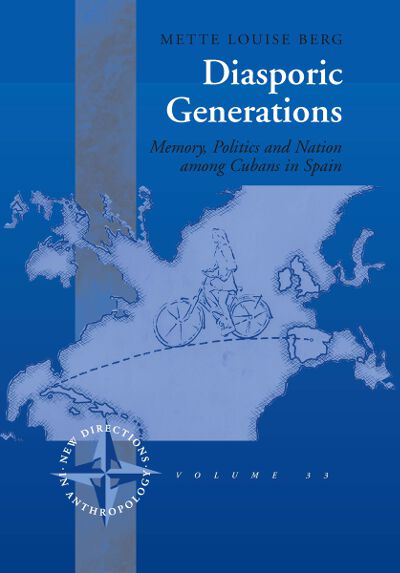 Published October 2011
Published October 2011 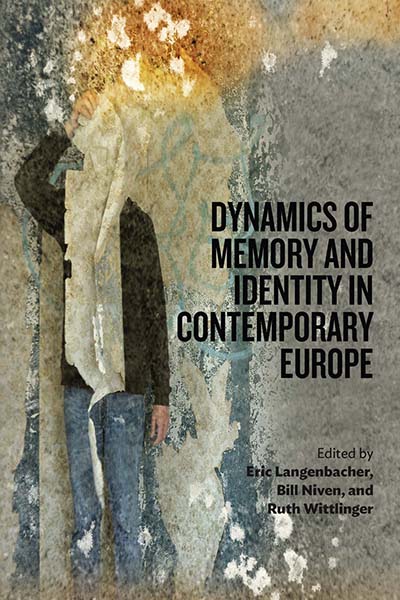 Published March 2013
Published March 2013 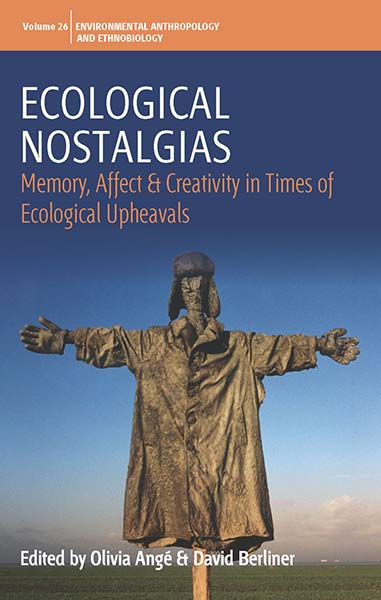 Published November 2020
Published November 2020 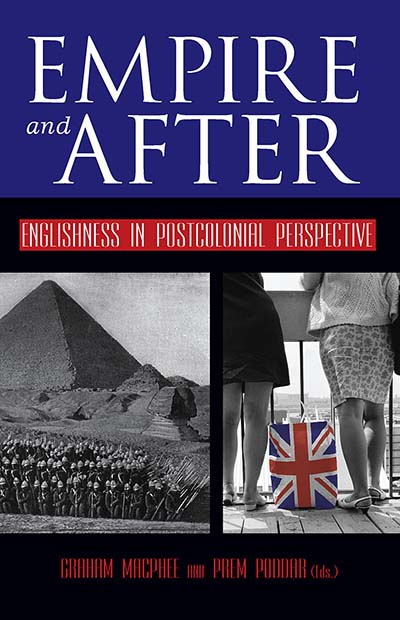 Published October 2007
Published October 2007 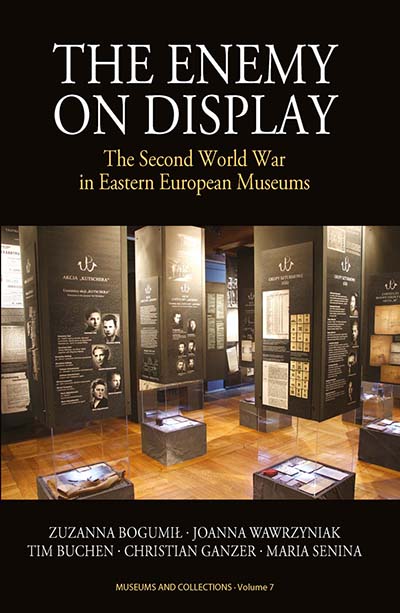 Published June 2015
Published June 2015 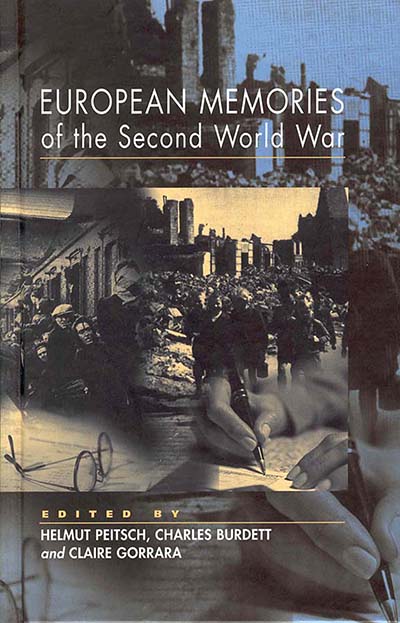 Published March 1999
Published March 1999 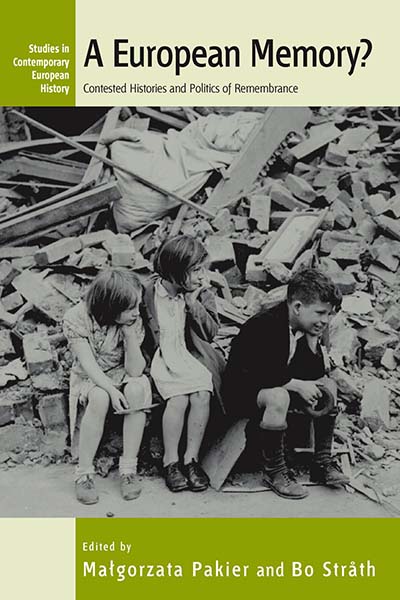 Published April 2010
Published April 2010 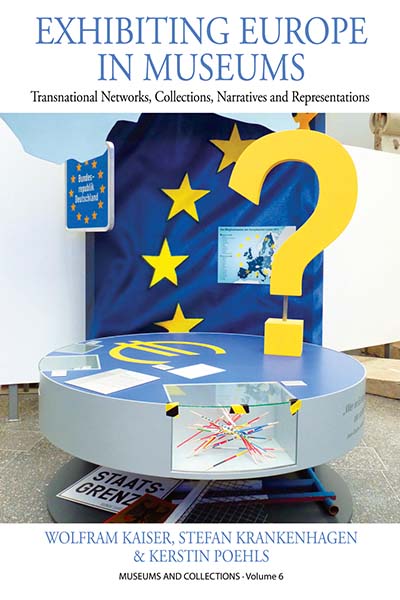 Published April 2014
Published April 2014 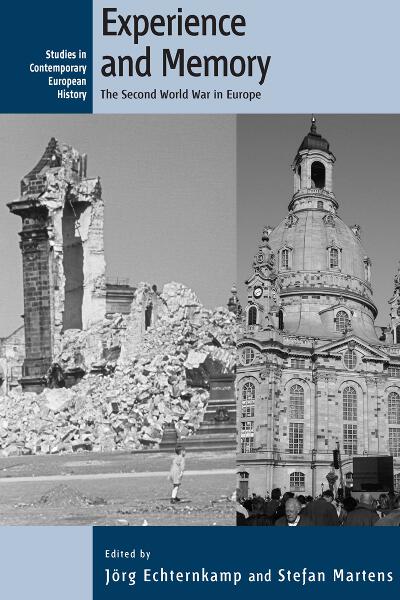 Published December 2010
Published December 2010 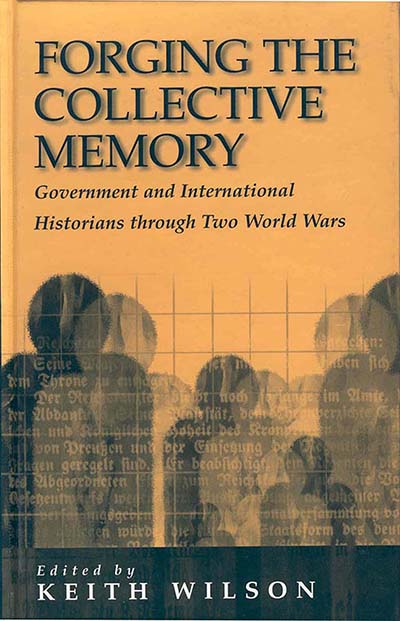 Published November 1996
Published November 1996 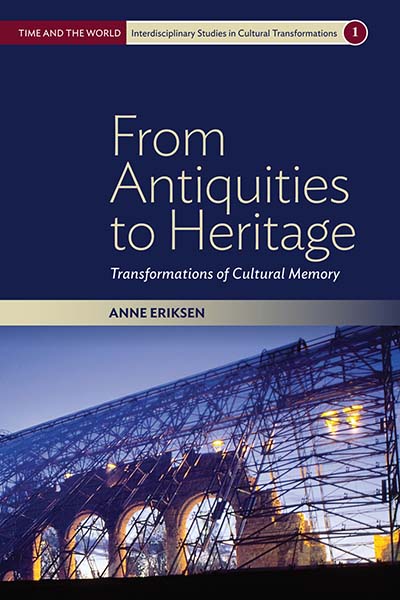 Published May 2014
Published May 2014 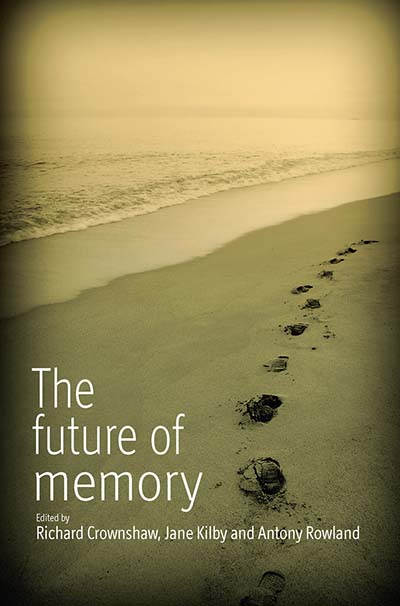 Published November 2010
Published November 2010 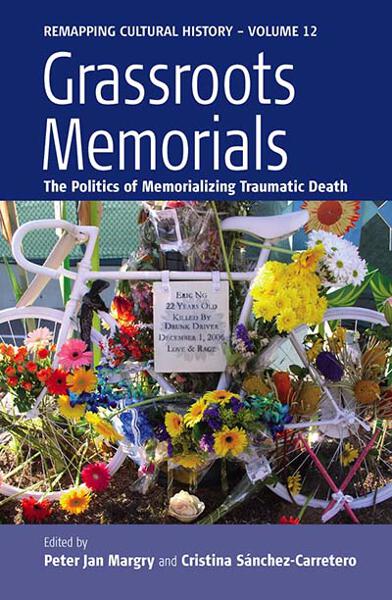 Published August 2011
Published August 2011 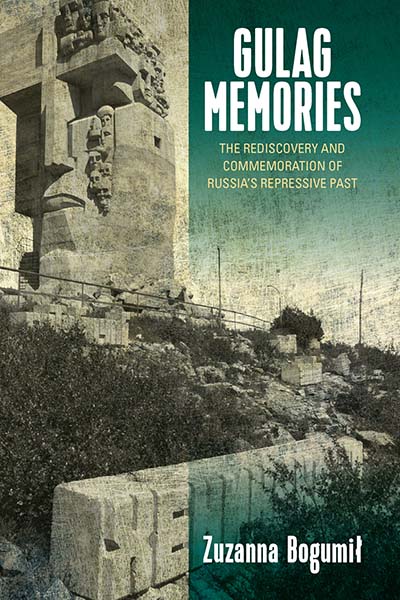 Published September 2018
Published September 2018 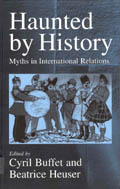 Published April 1998
Published April 1998 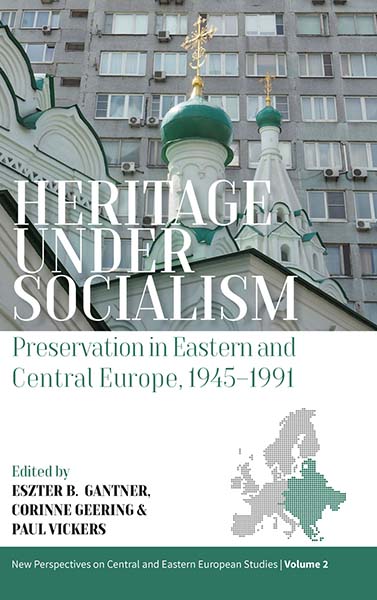 Published October 2021
Published October 2021 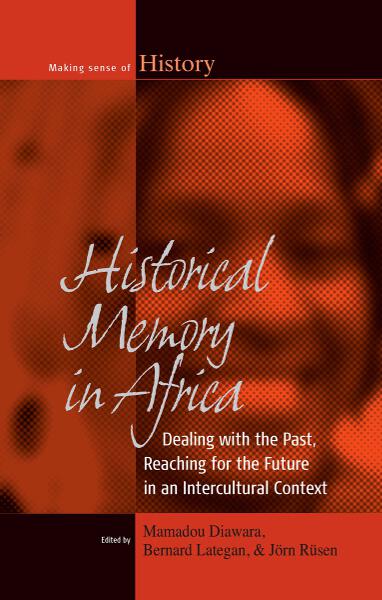 Published June 2010
Published June 2010 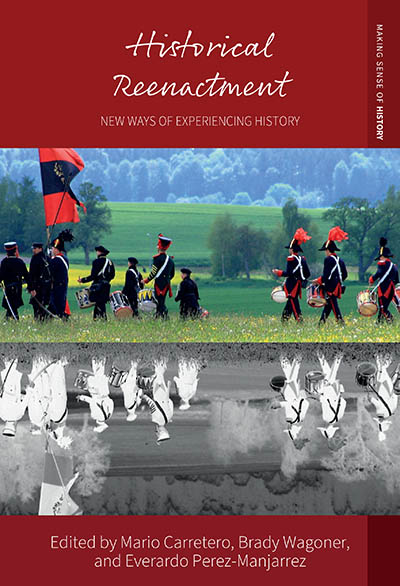 Published September 2022
Published September 2022 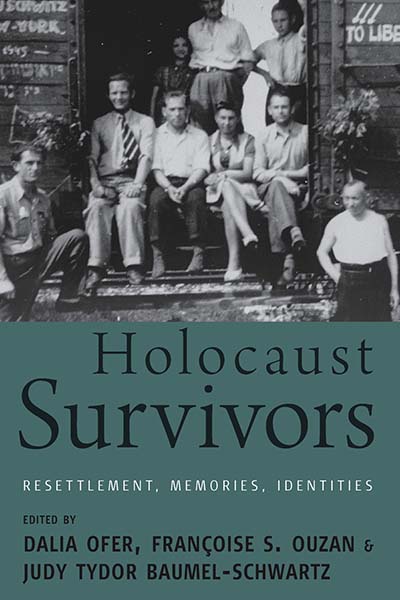 Published December 2011
Published December 2011 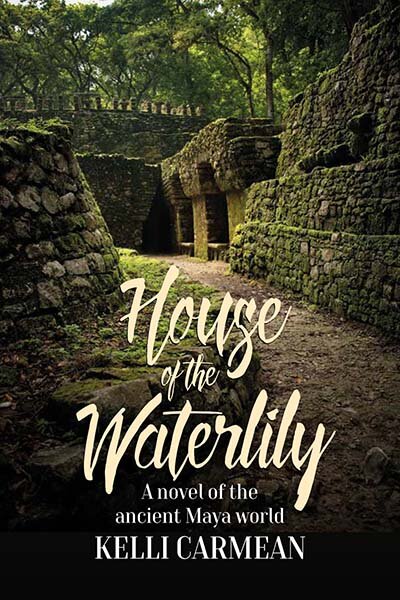 Published September 2017
Published September 2017 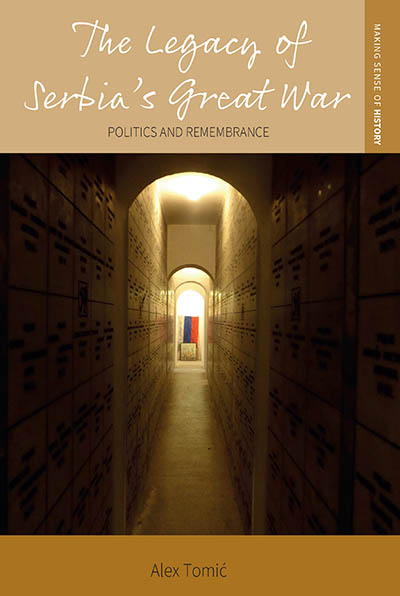 Published January 2024
Published January 2024 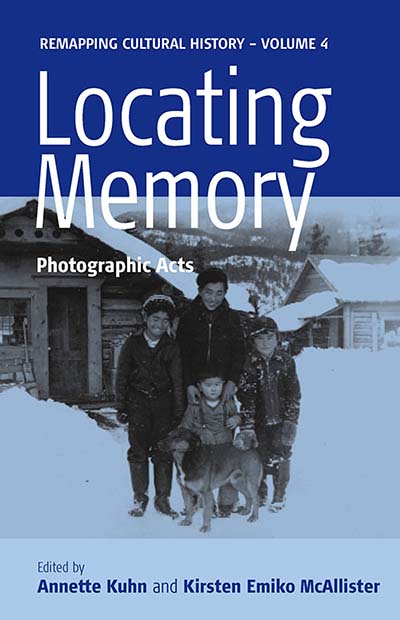 Published December 2006
Published December 2006 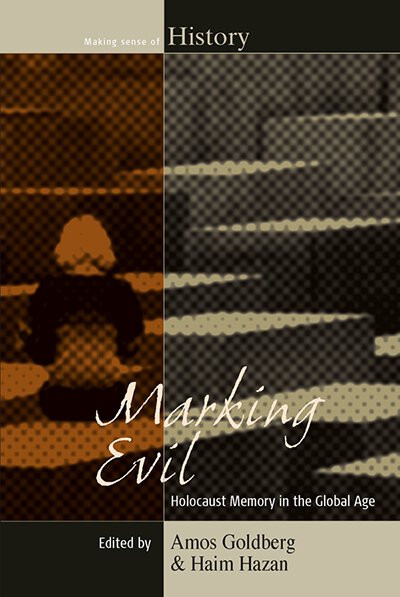 Published May 2015
Published May 2015 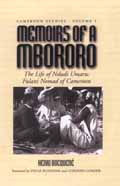 Published December 2002
Published December 2002 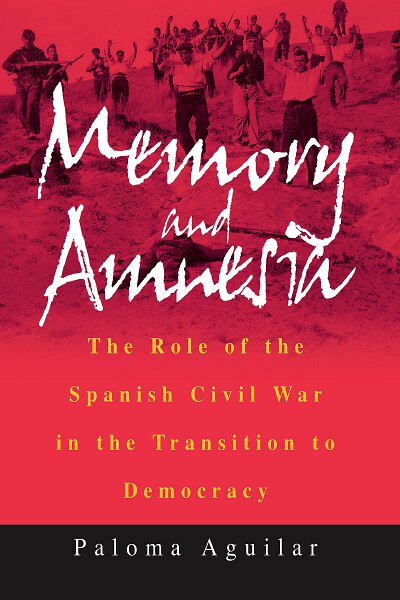 Published August 2002
Published August 2002 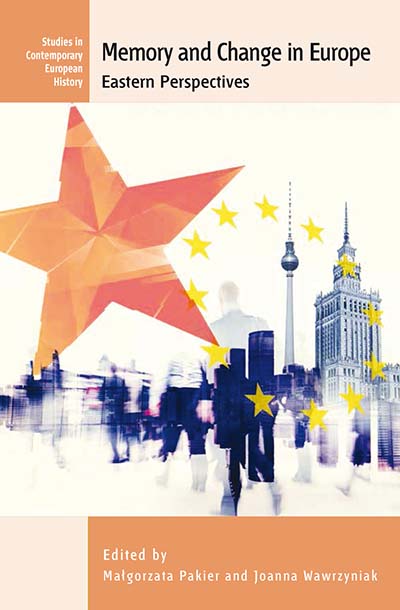 Published November 2015
Published November 2015 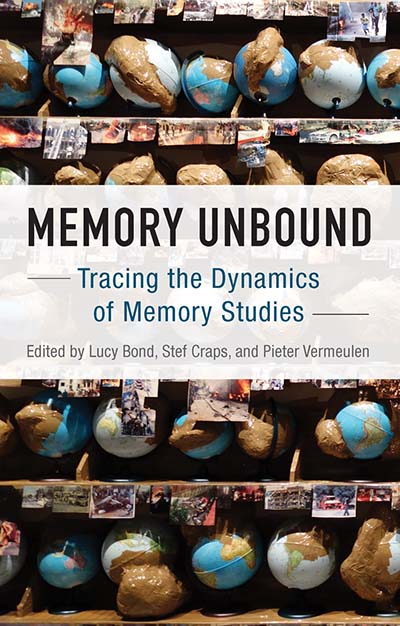 Published November 2016
Published November 2016 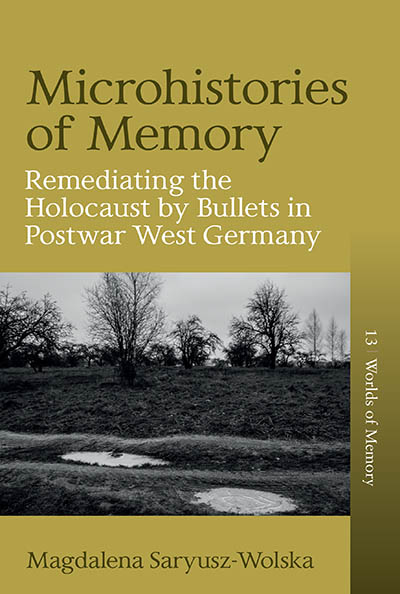 Published November 2023
Published November 2023 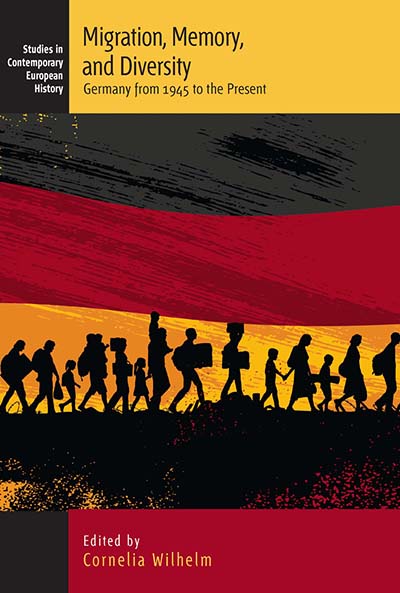 Published November 2016
Published November 2016 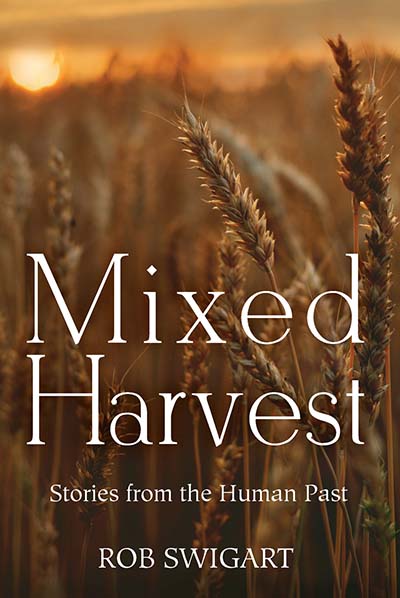 Published December 2019
Published December 2019 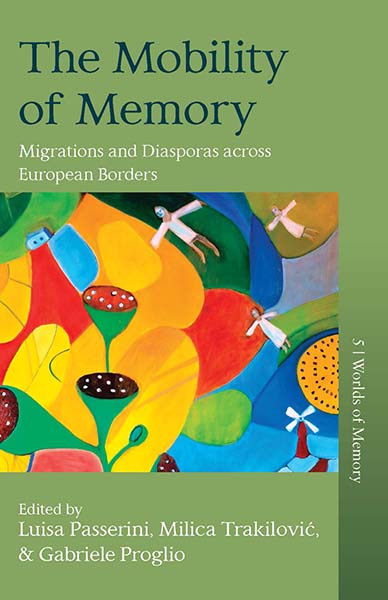 Published October 2020
Published October 2020 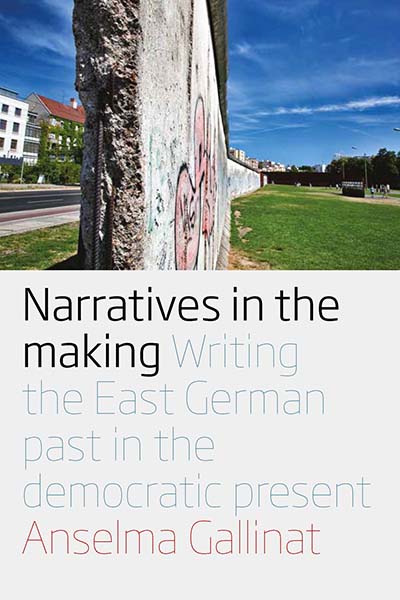 Published November 2016
Published November 2016 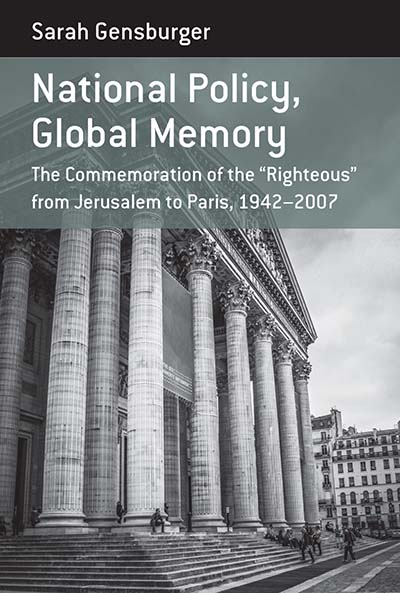 Published July 2016
Published July 2016 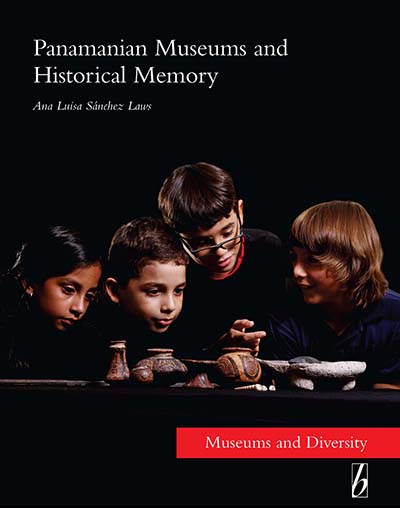 Published May 2011
Published May 2011 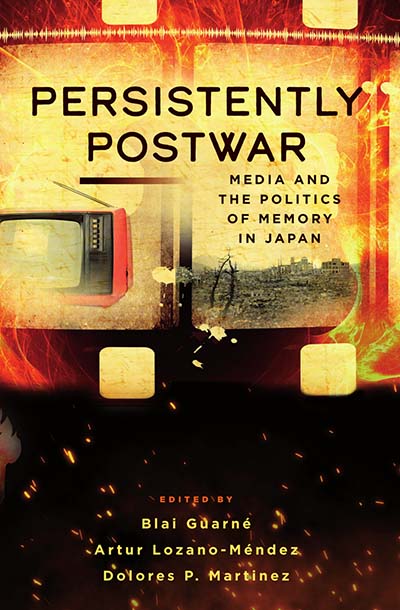 Published March 2019
Published March 2019 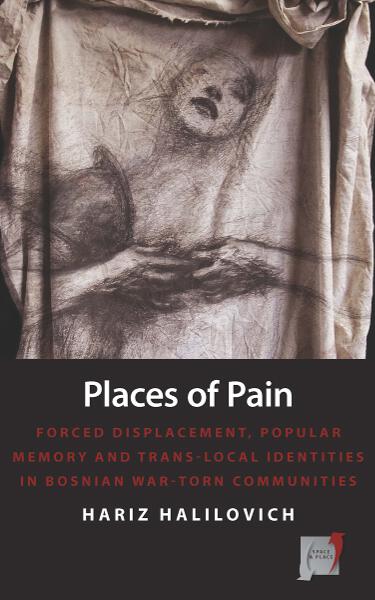 Published February 2013
Published February 2013 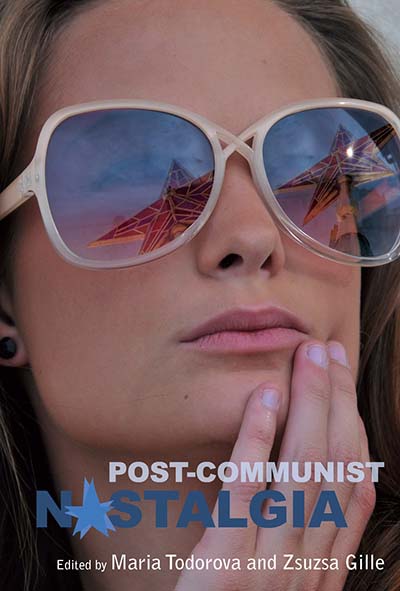 Published June 2010
Published June 2010 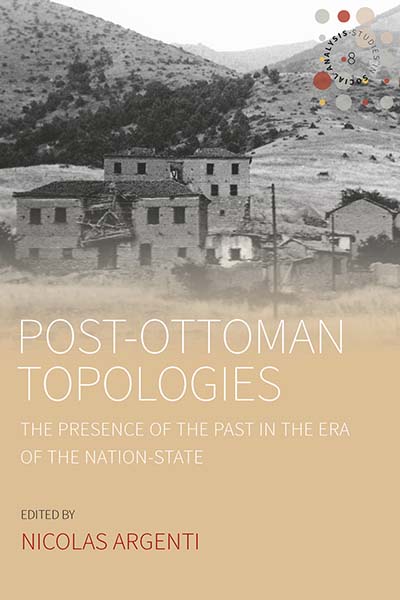 Published April 2019
Published April 2019 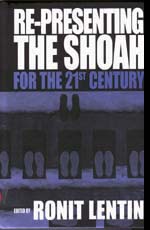 Published February 2004
Published February 2004  Published November 2025
Published November 2025 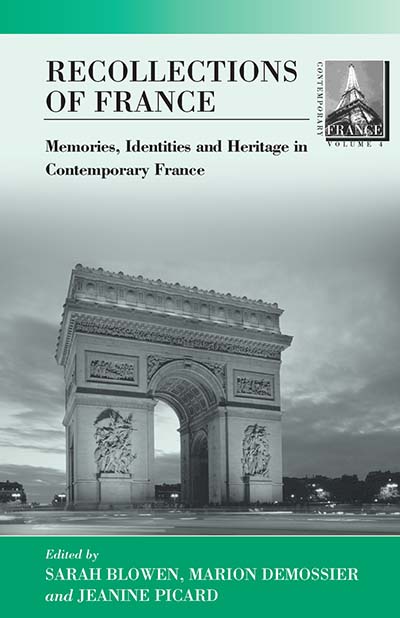 Published December 2001
Published December 2001 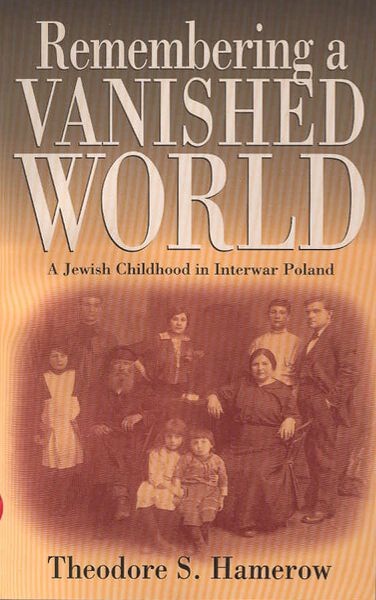 Published October 2001
Published October 2001 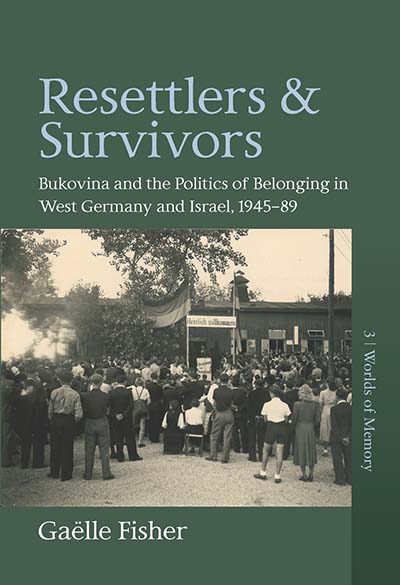 Published April 2020
Published April 2020 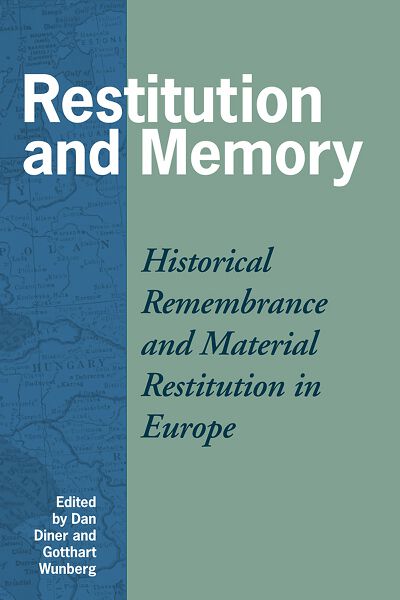 Published April 2007
Published April 2007 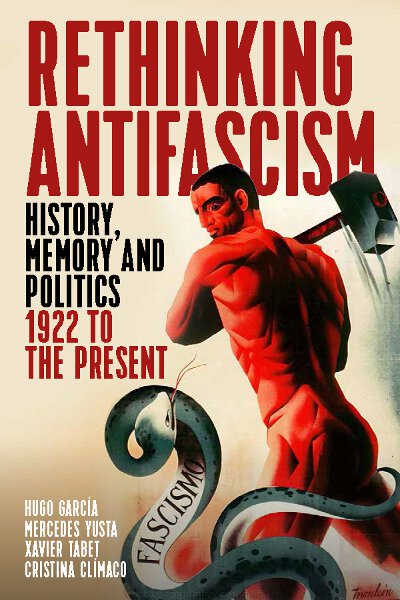 Published June 2016
Published June 2016 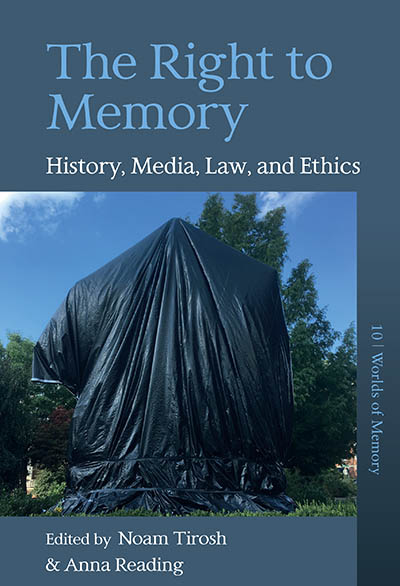 Published February 2023
Published February 2023 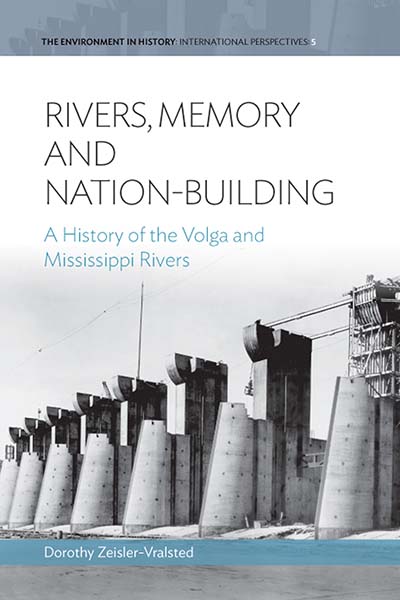 Published November 2014
Published November 2014 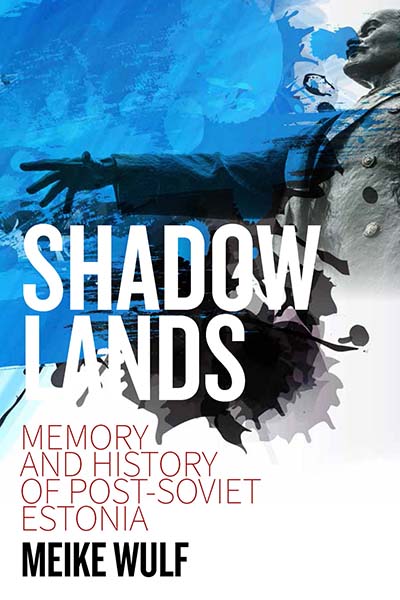 Published January 2016
Published January 2016 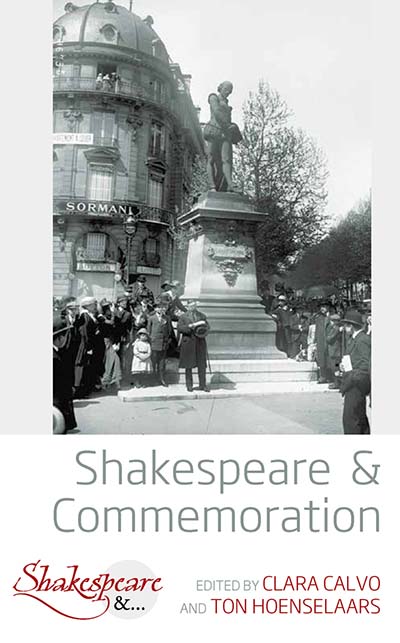 Published July 2019
Published July 2019 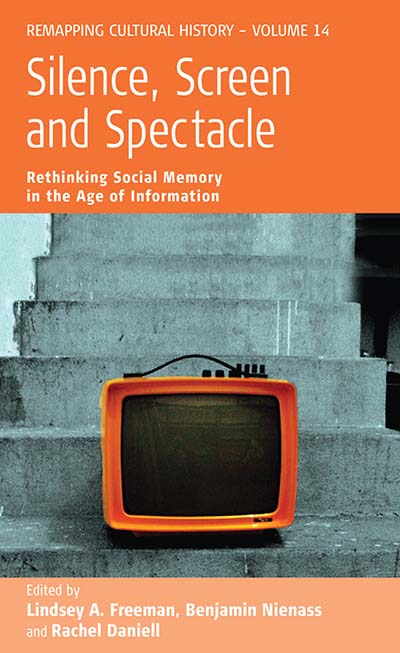 Published February 2014
Published February 2014 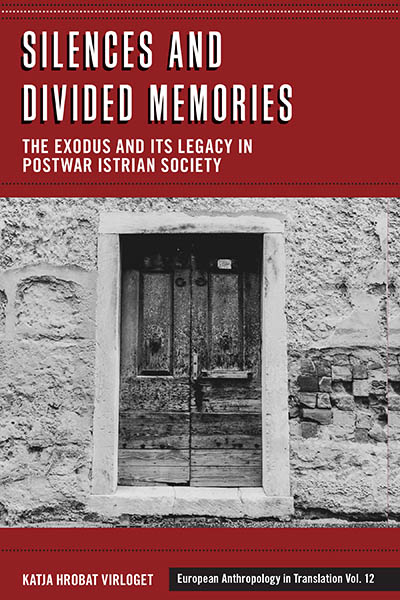 Published August 2023
Published August 2023 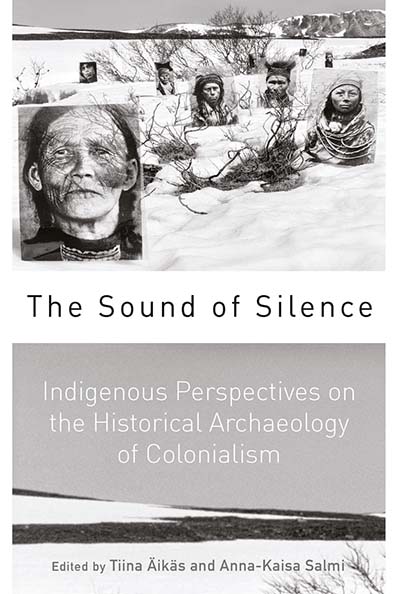 Published September 2019
Published September 2019 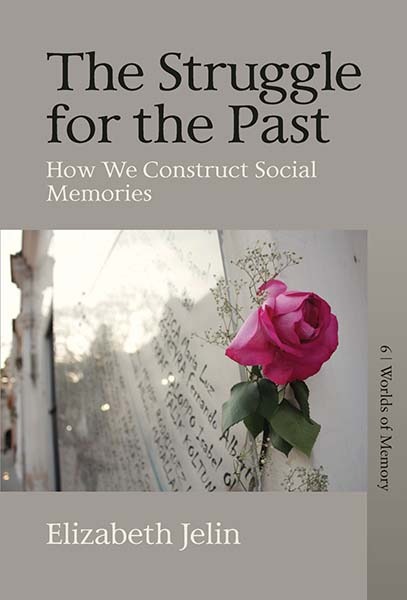 Published March 2021
Published March 2021 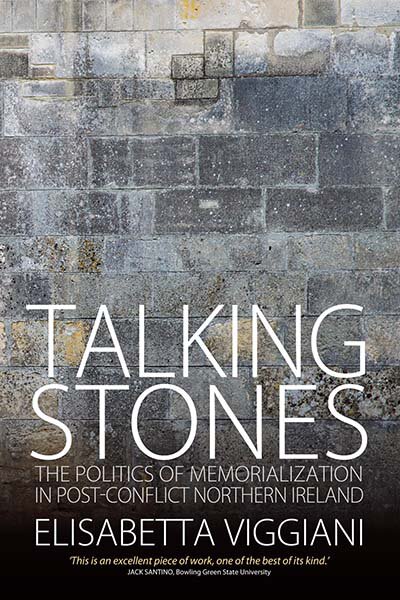 Published August 2014
Published August 2014 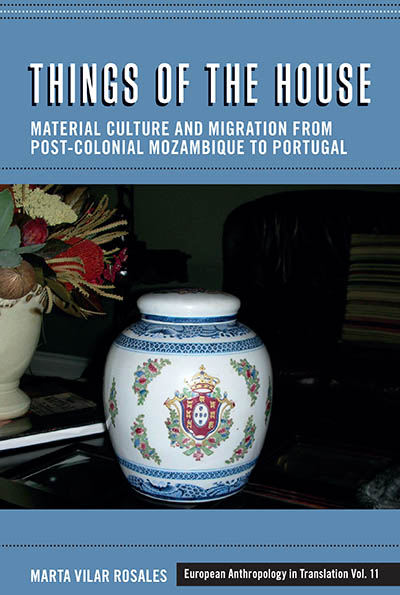 Published April 2023
Published April 2023 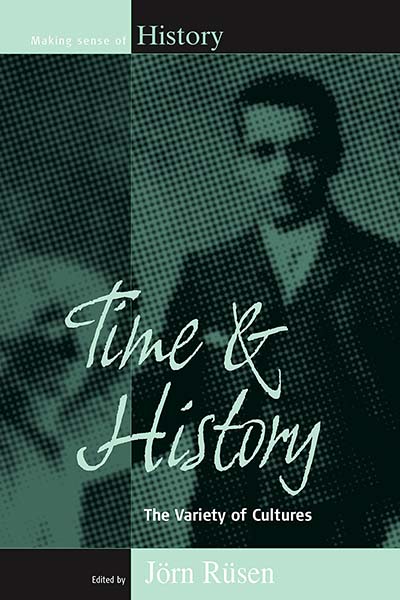 Published January 2008
Published January 2008 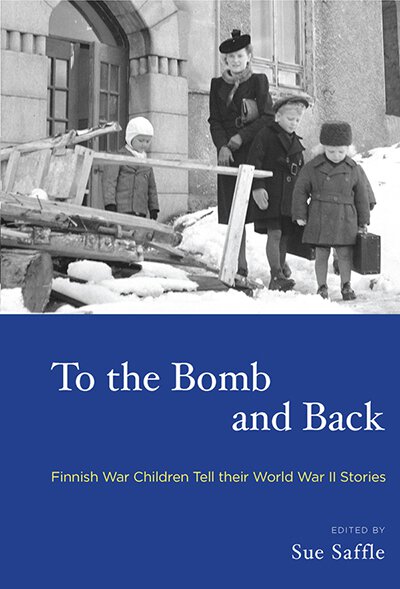 Published June 2015
Published June 2015 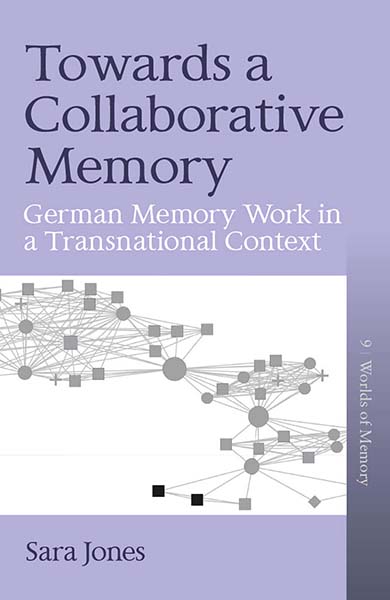 Published August 2022
Published August 2022 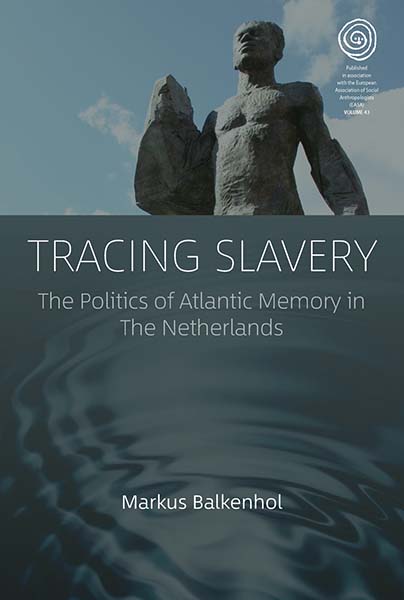 Published August 2021
Published August 2021 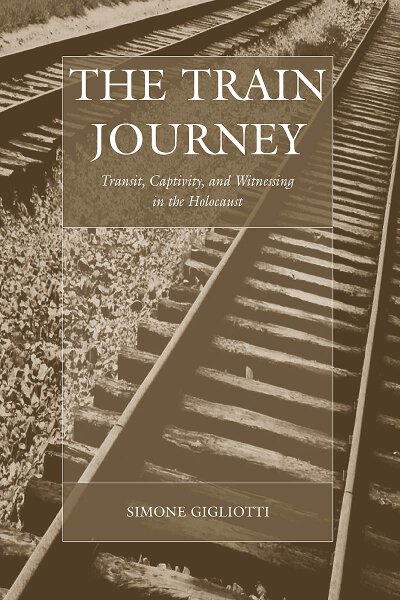 Published July 2009
Published July 2009 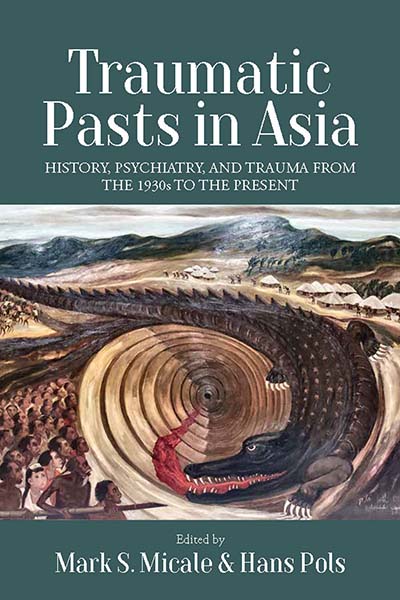 Published September 2021
Published September 2021 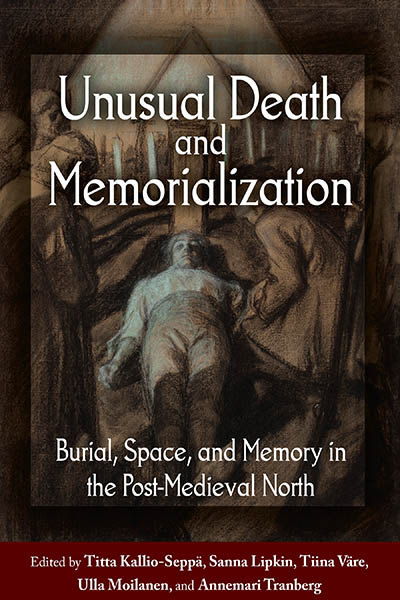 Published August 2022
Published August 2022 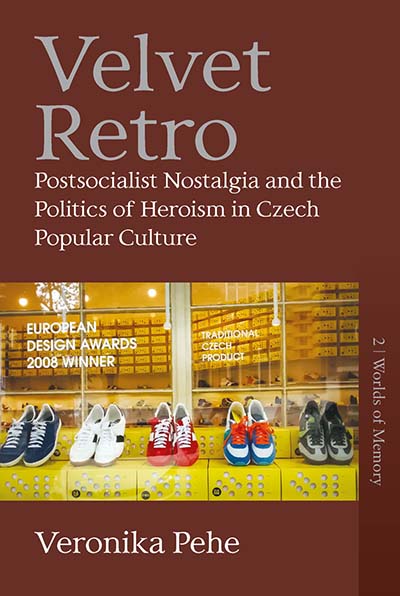 Published February 2020
Published February 2020 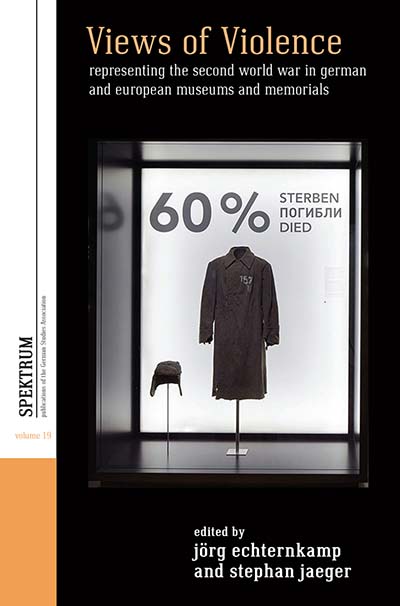 Published January 2019
Published January 2019 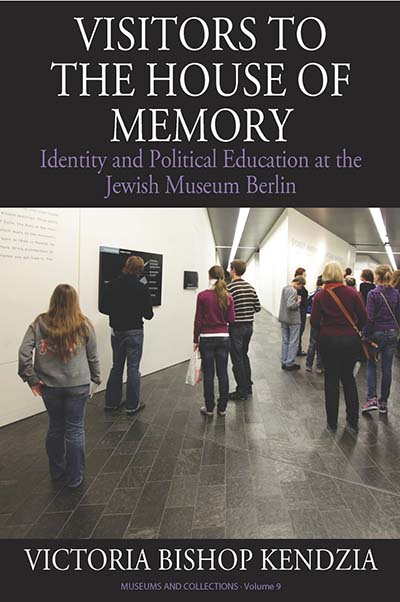 Published December 2017
Published December 2017 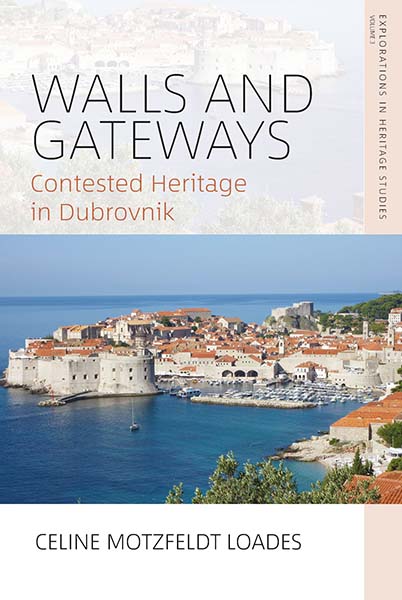 Published February 2022
Published February 2022 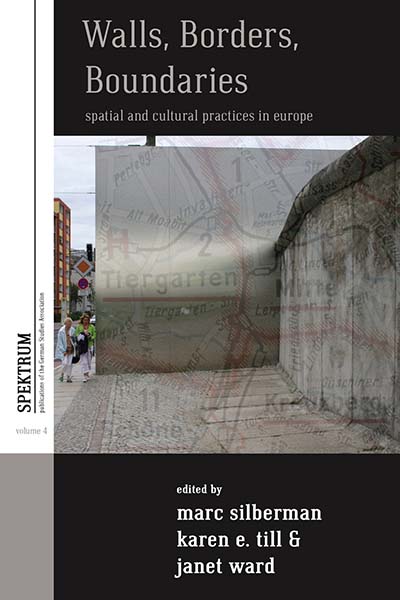 Published May 2012
Published May 2012 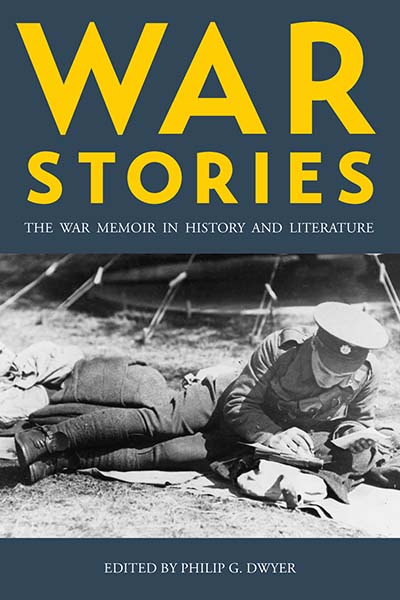 Published November 2016
Published November 2016 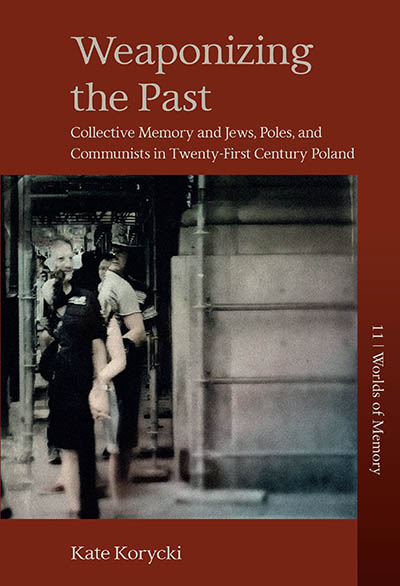 Published August 2023
Published August 2023 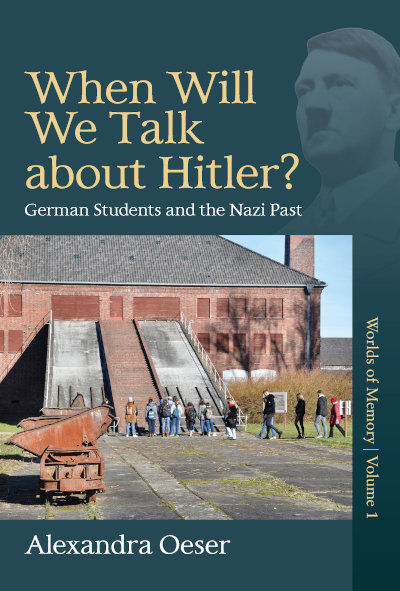 Published August 2019
Published August 2019 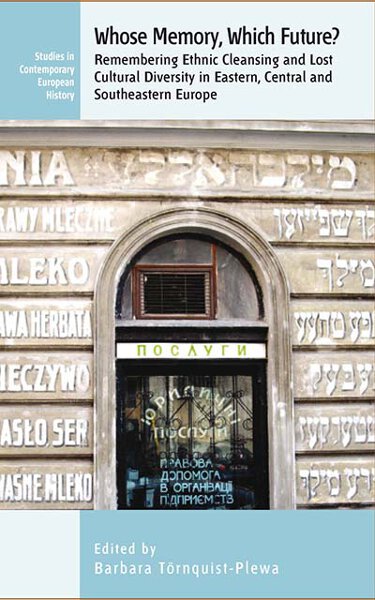 Published April 2016
Published April 2016 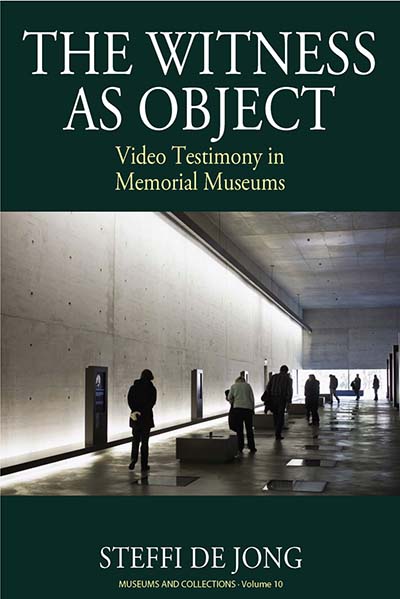 Published January 2018
Published January 2018 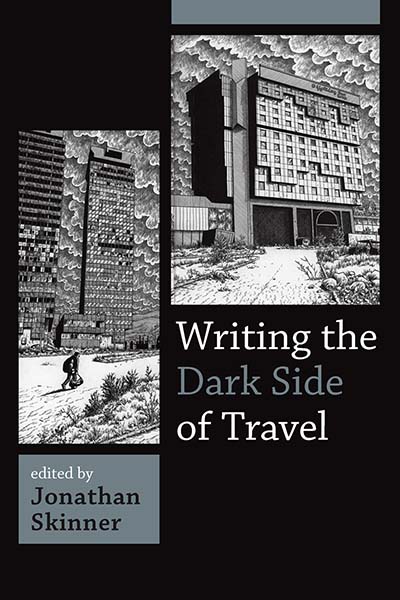 Published March 2012
Published March 2012